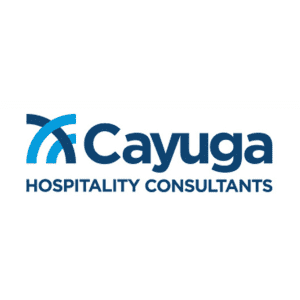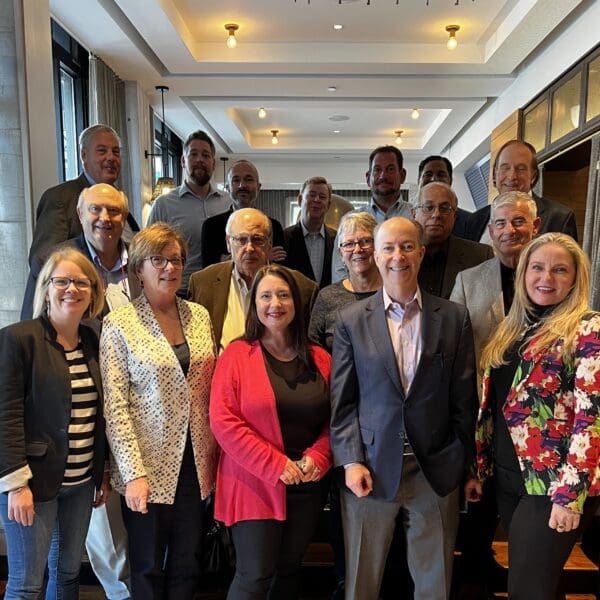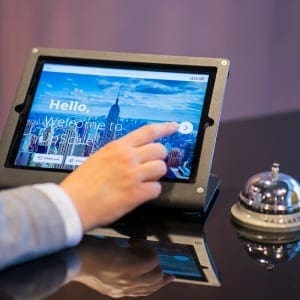Inside of the hotel company I worked for there has always been a constant movement to increase efficiency, especially inside the financial function. Not surprising, right? That’s what all businesses have done and continue to do, to evolve and ultimately outsource or eliminate seemingly needless, value lacking work. I was heavily involved in such a project that took me all the way to England.

The “Consultants” were hired to come up with a solution to centralize our complete accounting function. In our company each hotel was completely stand-alone, processing and producing all the financial information in-house. The only exception was payroll where each hotel collected the data and subsequently used an outside processor to generate paychecks and the supporting information.
The first part of this massive undertaking was to gather statistics and headcount. Items like the number of paychecks per month and the number of employees in the payroll department, the number of accounts payable invoices processed and the number of employees in accounts payable, the number of purchase orders and the number of employees in purchasing, the number of sales invoices processed and the number of employees in accounts receivable. You get the picture.
This kind of information was readily available just below the surface in all our hotels so it was easily complied and sent to the consultants. We were all wondering what they could be doing with this information. It didn’t take long to find out. Several other executives and I were invited to their UK headquarters in London for a week-long meeting to review their findings.
Our CFO even joined us as this was billed as the BIG meeting to get the lowdown on the insights and golden consulting ideas that a firm like we had hired would produce.
I mean, these guys were sharp, right? We were all just hotel rats that grew up inside these 100-year-old businesses that had our ways and processes locked in the last century. These consultants are all business school graduates and MBAs. Albeit perhaps a little wet behind the ears.
About 10 of us arrived in London to listen to their pitch including our CFO, director of internal audit, several regional controllers, and other corporate executives. Like every corporate event, it was a major boondoggle. It never starts out that way but always ends up that way.
But first, the findings
The “Consultant” compiled the statistics and found some alarming results. They divided the number of things to process by the headcount at each unit/hotel. On one end of the spectrum, Hotel A had 3,500 accounts payable invoices per month and four people working in accounts payable. All the way down to Hotel Z having 300 invoices per month and one person working in accounts payable.
All other areas: payroll, accounts receivable, purchasing, general ledger were examined the same way. The brilliant consultants conclude that the results generated by the hotels which were the most efficient could be extrapolated and applied to all other hotels and their work volumes in a centralized location. This was their revelation. How could we have missed this? On one hand, we had a monster hotel processing 40,000 invoices per year with four people and on the other hand, we had a “fish hatchery and game lodge” that processed 3,600 invoices per year with one person doing the work. The conclusion was that the efficiency of the fish hatchery could be achieved across the board. This same methodology was applied to all the accounting functions.
It was that simple. How could we have missed this brilliant deduction and observation and how could the accounting clerk in the fish hatchery and gaming lodge be so damn efficient? And how could those four people in the same function in the monster hotel be so inefficient?
Well, what the consultants failed to see and get was the difference in the size, complexity, and risk at each hotel. In the lodge we had one person doing absolutely everything administratively including all the accounting functions and human resources—even checked in arriving clients. On the other hand, the monster hotel had 1,300 rooms, occupied an entire city block in a major city, had more than 1,000 employees, and had sales of over $100 million. The brilliant consultants took none of this other information into consideration. I mean really.
Did they not consider the different sized units within our company, the diversity of our properties, and the individual nature of our business? No, they did not.
That was Monday. We were all there until the end of the week. The “consultants” wined and dined us hard. We even had a night at a private club with a famous chef and absolutely the best wines. I do not know how much this little project cost, but I am sure it was six figures easily. Their ideas were dead even before we landed back on the other side of the Atlantic.
What I took from this is: I knew a lot more about my business than I gave myself credit for. Consultants come at a problem from one angle and anyone can make numbers tell their story their way.






























